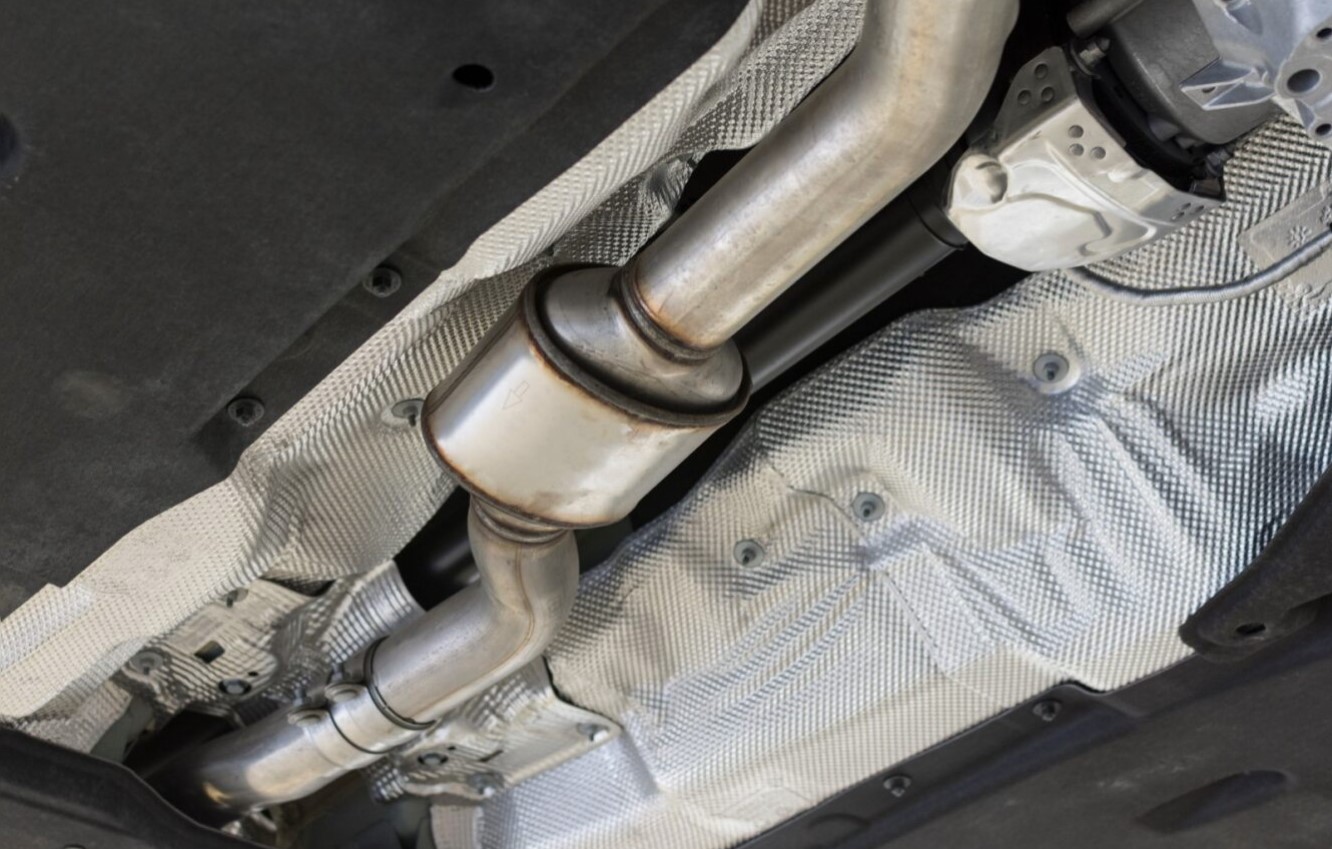
As it converts fuel into energy, your vehicle’s engine produces various toxic emissions such as carbon monoxide and hydrogen sulfide. The role of the catalytic converter underneath your car is to convert these unpleasant fumes into more benign gases. While cats are long-lasting car parts, they can occasionally go bad. If you think your cat is having trouble, don’t hesitate to visit your nearest Chevy dealer to have it repaired.
Need a New Catalytic Converter? Visit Your Chevy Dealer Today
Rotten Egg Smell
A stinky rotten egg smell may mean that your cat has broken down. Unless your battery is leaking battery acid, that rotten egg smell is probably hydrogen sulfide, one of the more dangerous fumes that a car’s engine emits.
When working well, the cat converts hydrogen sulfide into odorless, relatively harmless sulfur dioxide. But if your cat is failing to clean up this toxic gas, you’ll soon smell the difference; open the windows to let fresh air in and have your cat checked without delay.
Rattling Sounds
Inside the cat, there’s a honeycomb mesh-like structure through which the fumes flow as they’re converted into harmless gases. As a cat ages, or if the cat is damaged by a jolt or impact, this honeycomb mesh can break apart. When this happens, you may hear the loose pieces rattling around below you, especially when you rev the engine.
Poor Engine Performance
Cats can sometimes become clogged up by excessive carbon deposits or by portions of the meshwork melting. When clogging occurs, the entire outflow of gases through the exhaust system becomes hindered.
As a result of this backup of gases, fresh oxygen can no longer enter the engine as easily. This creates an imbalance in the fuel-air mixture inside the engine’s combustion chambers. You’ll soon find that your engine lacks the power it once had, especially when you need a quick burst of acceleration while overtaking or crossing an intersection.
Misfiring Cylinders
The unbalanced fuel-air mixture that a clogged cat causes may create a buildup of unburnt fuel inside the combustion chambers of each cylinder. This causes the spark plugs to become fouled by carbon deposits, which leads to misfiring. With misfiring cylinders, your engine will start to cough and shake, especially when you pause with the engine idling.
Lower Fuel Economy
The engine problems that a faulty cat causes also lead to reduced efficiency in fuel consumption. When your cat goes awry, you may find that you can’t cover as many miles on a full tank of gas as before; your monthly fuel budget will be steadily rising.
Have your car’s converter inspected and repaired today by experienced technicians at Stone Chevrolet Buick GMC. We have an excellent range of new and pre-owned vehicles in our inventory, and courteous, knowledgeable staff on hand to help you with all your car-related needs.











